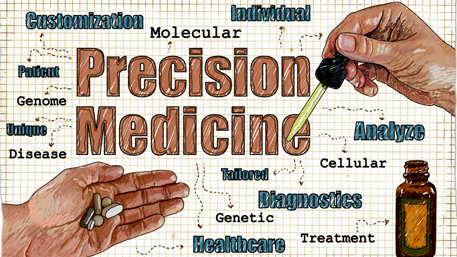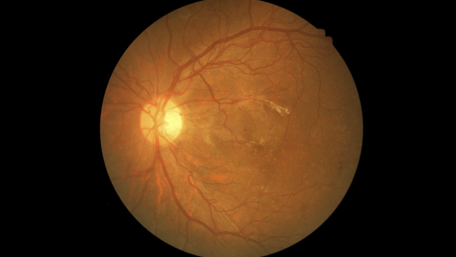
02/10/2020
Hot Topics of the Day are picked by experts to capture the latest information and publications on public health genomics and precision health for various diseases and health topics. Sources include published scientific literature, reviews, blogs and popular press articles.
Sign up MyPHGKB to receive the daily hot topic email alert.
Archived Hot Topics of the Day By Date
Smartphones vs Wearable Devices for Remotely Monitoring Physical Activity After Hospital Discharge
MS Patel et al, JAMA Network Open, February 2020
Pan-genomics in the human genome era
RM Sherman et al, Nature Review Genetics, February 2020
Copy-number variation contributes 9% of pathogenicity in the inherited retinal degenerations
Genetics in Medicine, February 10, 2020
The Cardiac Genome Clinic: implementing genome sequencing in pediatric heart disease
MS Reuter et al, Genetics in Medicine, February 10, 2020
Disclaimer: Articles listed in Hot Topics of the Day are selected by Public Health Genomics Branch to provide current awareness of the scientific literature and news. Inclusion in the update does not necessarily represent the views of the Centers for Disease Control and Prevention nor does it imply endorsement of the article's methods or findings. CDC and DHHS assume no responsibility for the factual accuracy of the items presented. The selection, omission, or content of items does not imply any endorsement or other position taken by CDC or DHHS. Opinion, findings and conclusions expressed by the original authors of items included in the Clips, or persons quoted therein, are strictly their own and are in no way meant to represent the opinion or views of CDC or DHHS. References to publications, news sources, and non-CDC Websites are provided solely for informational purposes and do not imply endorsement by CDC or DHHS.
- Page last reviewed:Feb 1, 2024
- Content source:


 Pinterest
Pinterest


